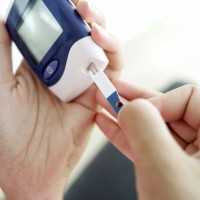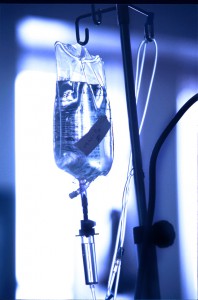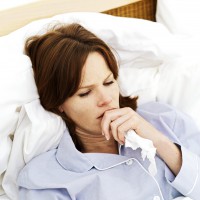
Cancer is the giant bugaboo that eventually invades everyone’s life if they live long enough. Still, if caught early and treated agressively, a prognosis of cancer is not necessarily an untimely death sentence. Here are the most important things to know about your prognosis once you have defintively been diagnosed with cancer:
It is Fact Based
Though it may mystify the patient to some extent, a doctor’s cancer prognosis is thoroughly grounded in his own and his peer’s medical experience. The doctor will look at such things as the type and location of the cancer, its metastatic stage – that is, how much it has actually spread – and the cancer’s grade – how abnormal it looks and how likely it is to spread even more.
It’s Mostly Statistics
While Mark Twain facetiously opined that there are “lies, damn lies and statistics,” the actual truth is that stats really do tell you a lot about your prognosis. By analyzing various factors such as the specific characteristics of the patient’s disease, the available treatment options and any other health issues, the doctor will make an educated guess as to what will happen.
It is Not Completely Certain
While your prognosis is your doctor’s “best guess” as to the likely course and outcome of your disease, it is by no means 100% certain. Remaining positive throughout the process is always the best medicine.
As you can see, a prognosis is as much art as it is science and the best doctors combine both when making a prognosis. For more detailed information, please contact us at Issels® or you can reach us directly at 1-888-437-7357.





